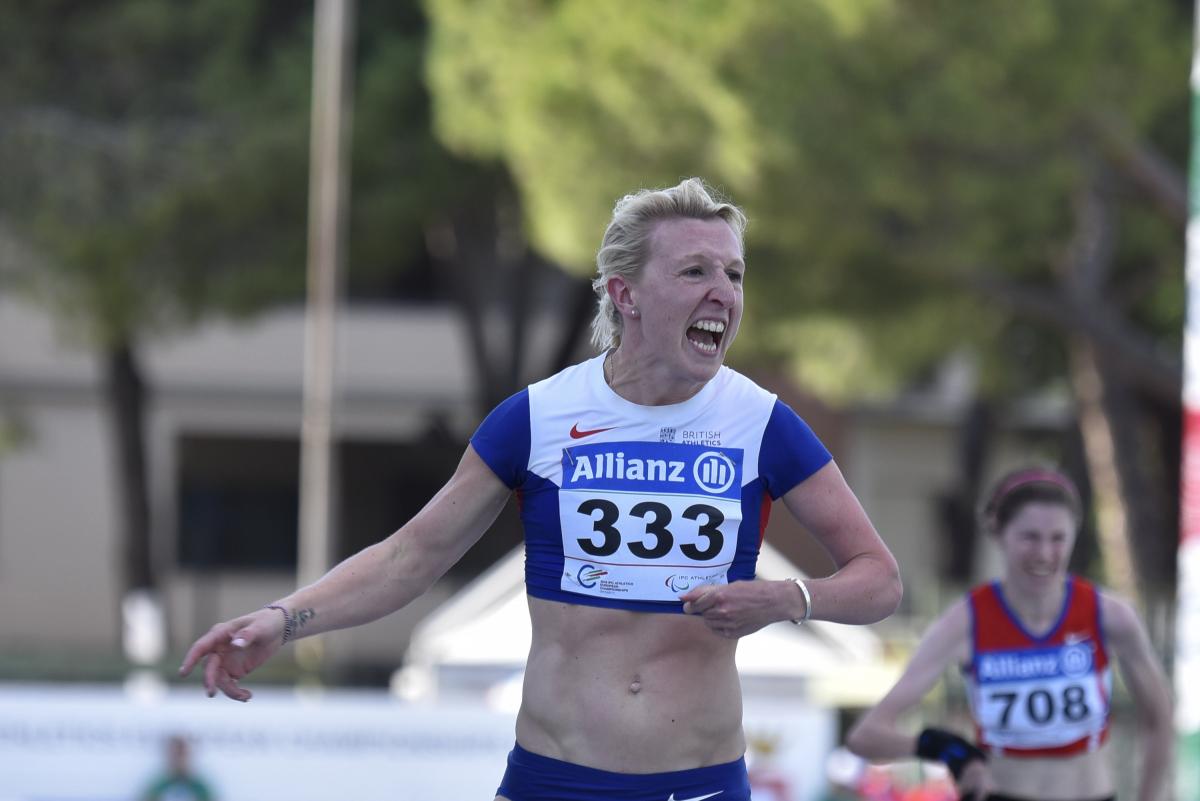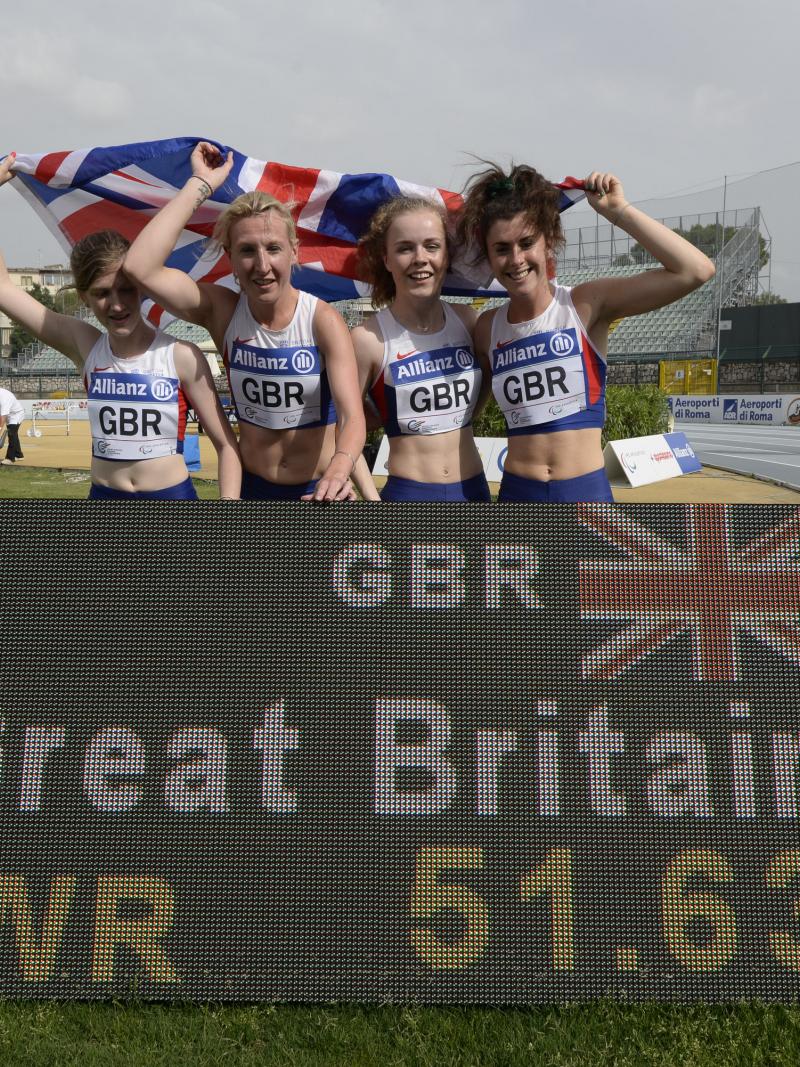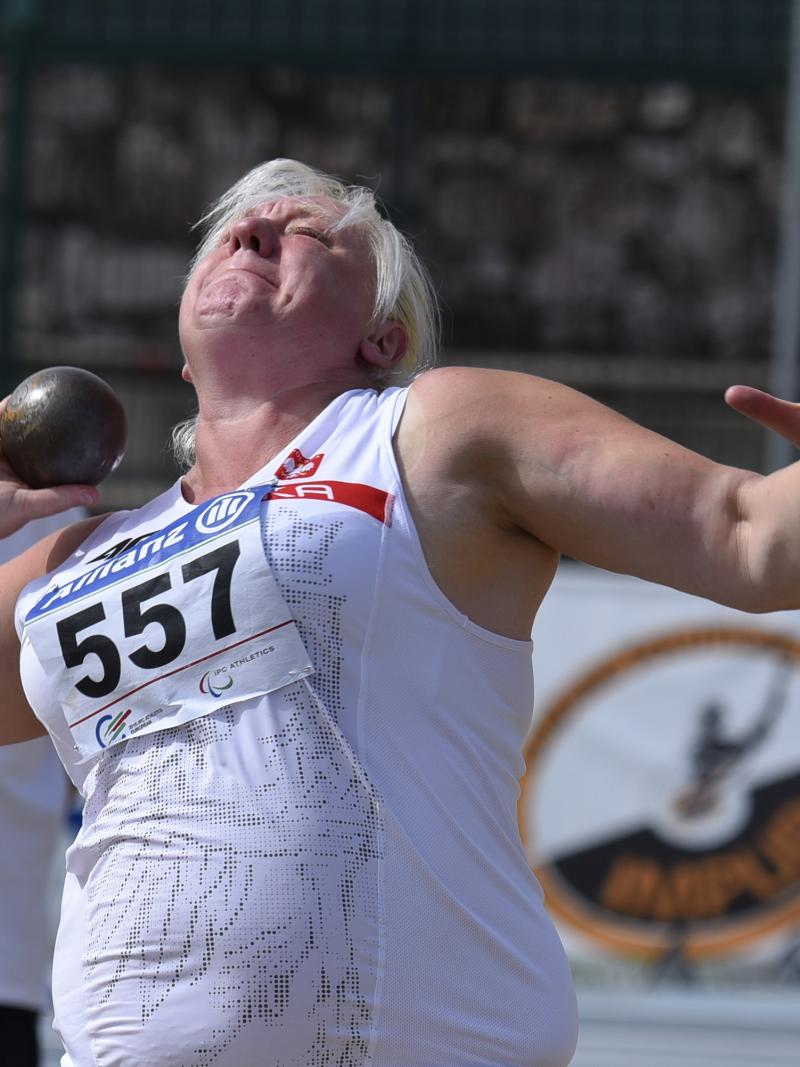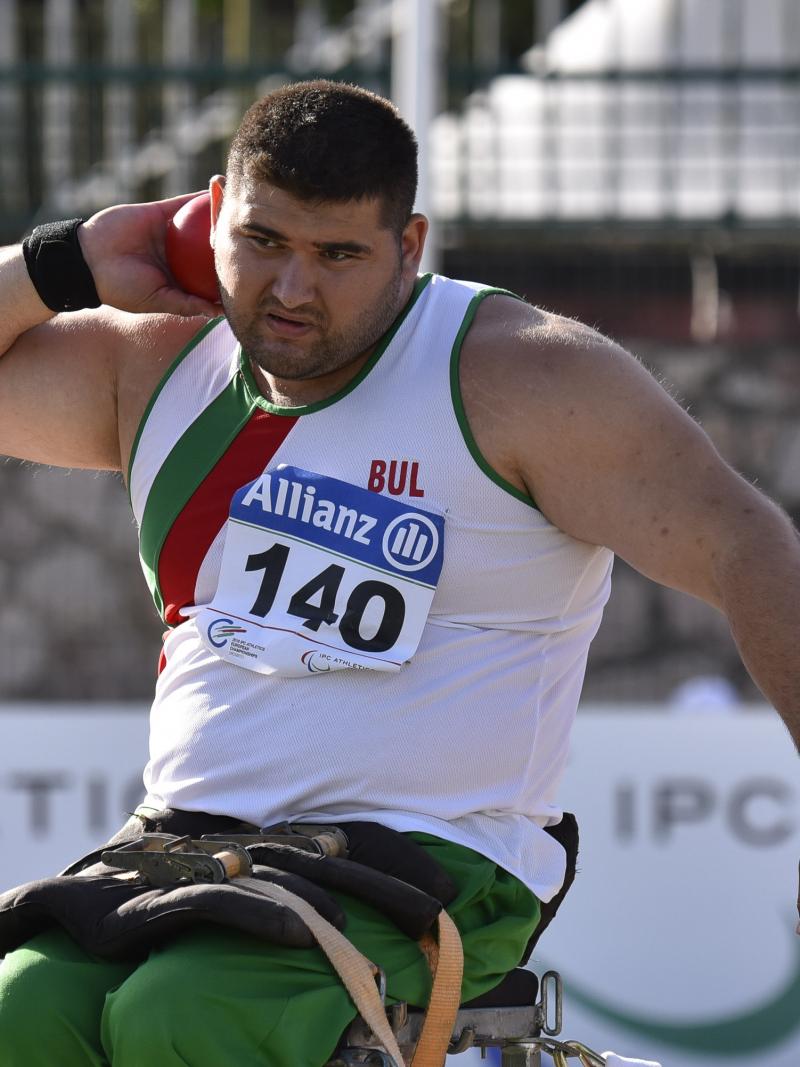Seven talking points from the IPC Athletics European Championships in Grosseto, Italy
One week on from the 2016 European Championships we try work out what it all means with Rio 2016 fast approaching. 23 Jun 2016
Georgina Hermitage will run in the women's 4x100m T36-38 relay at the 2016 IPC Athletics European Championships.
1. European Para athletics has never been in better shape
Twenty five world records were broken at Grosseto 2016 by Para athletes from 10 different countries – seasoned competitors such as Germany’s multiple Paralympic and world champion Birgit Kober and young stars such as 16-year-old Irish thrower Noelle Lenihan. That’s without big names such as Marlou van Rhijn, Hannah Cockroft and Marcel Hug present too.
2. New names are breaking through – just in time for Rio…
Russia’s T54 racer Natalia Kocherova won five gold medals in Grosseto; the 26-year-old, who also competes in Para Nordic skiing, only took up Para athletics in 2013. Her compatriot Evgenii Torsunov made his international debut last year; he won the 100m, 200m and long jump T36 in Grosseto and will be a major threat to 2012 Paralympic medallists Evgenii Shvetcov, Graeme Ballard and Roman Pavlyk.
3. …but the ‘old-timers’ aren’t ready to pass on the mantle just yet
British duo David Weir and Richard Whitehead were heroes at London 2012, and they’re still going strong. Weir, 37, looked impressive once again as he won four individual European titles, while 39-year-old Whitehead dominated the T42 sprints. Finland’s three-time Paralympic champion Leo Pekka-Tahti meanwhile still reigns supreme in the 100m T54.
4. Relay teams are getting it right
Relay events have often been a source of drama and upset – at London 2012 the US men’s 4x100 T42-46 team were disqualified. In Grosseto the German quartet showed just how it’s done, as did Great Britain’s world record breakers, the women’s 4x100m T35-38 quartet. Both teams should be in serious contention for gold in Rio.
5. Field events are going from strength to strength
Seventeen of the 25 world records broken in Grosseto took place out in the field – with eight Para athletes, including Denmark’s Daniel Jorgensen (long jump T42), Poland’s Bartosz Tyszkowski (shot put F41) and Russia’s Sofia Oksem (discus F12), extending their own records which had stood for less than a year. Rio promises even more.
6. The men’s 100m T44 is still wide open
American sprinters may have dominated the rankings over the last 12 months – Jarryd Wallace and Richard Browne have been consistently clocking sub-11 seconds, and both broke the world record last year. But Great Britain’s Paralympic champion Jonnie Peacock always pulls it out the bag when it counts – he proved that again in Grosseto, beating the in-form German Felix Streng in the final. Peacock also clocked 10.88 in his semi-final – a timely reminder to the rest of world.
7. Expect new faces on the Paralympic podium in Rio
Belgium’s Peter Genyn has come in to his own in the T51 track events over the last year and will surely be hard to beat come Rio 2016. The same goes for T37 sprinter Georgie Hermitage; the Briton keeps getting better and better and now holds the world records in the 100m, 200m, and 400m T37 after out-racing her rivals by a considerable margin in Grosseto.

 Facebook
Facebook
 Instagram
Instagram
 Twitter
Twitter
 Youtube
Youtube



